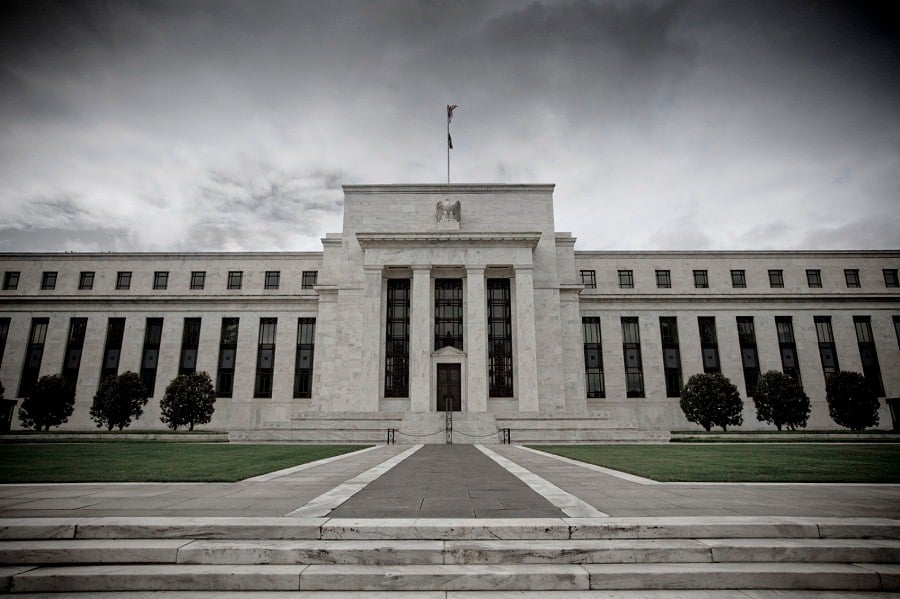

Federal Reserve Bank of St. Louis President James Bullard said the U.S. economy has enough momentum to continue its recovery from the coronavirus slump even if Congress fails to pass additional taxpayer support.
“I don’t think there is as much of an imperative about a new fiscal package as there might have been” in July or August, Bullard said Monday in an interview with Kathleen Hays. “It seems like, at least in some broad macroeconomic type of calculation, we have enough resources to cover this.”
Bullard’s view contrasts with Fed Chair Jerome Powell, who has urged additional fiscal aid and sometimes put the message in dire terms, as well as other Fed officials. In congressional testimony to be delivered Tuesday, Powell said the U.S. faces a long recovery with a high degree of uncertainty surrounding the pandemic.
The U.S. economy may shrink 3%-4% this year, which is less than half of what was expected early during the crisis, so the $3 trillion in pandemic aid passed by Congress as well as the Fed’s easy monetary policy stance should help support growth during the recovery, Bullard said.
“We might be able to sustain a recovery through this,” he said. “I’m hopeful we still have enough in the pipeline to push us through, get the growth going in the second half of the year. That certainly seems to be what’s happening in the third quarter. I think that will continue in the fourth quarter and the first part of next year.”
Bullard said he supported last week’s strengthened forward guidance, noting that the two dissents from fellow Fed presidents — one from a hawk, one a dove — suggests the decision was “about right.”
The Federal Open Market Committee last week signaled rates would stay near zero through 2023 and adapted their post-meeting statement to reflect their new strategy of allowing inflation to rise above 2% after periods of under-performance.
Dallas Fed President Robert Kaplan dissented, explaining he would “rather leave those judgments to future committees because I think the world is going to look very different post-pandemic.” Minneapolis Fed President Neel Kashkari dissented in favor of delaying a rate hike until “core inflation has reached 2% on a sustained basis.”

From outstanding individuals to innovative organizations, find out who made the final shortlist for top honors at the IN awards, now in its second year.

Cresset's Susie Cranston is expecting an economic recession, but says her $65 billion RIA sees "great opportunity" to keep investing in a down market.

“There’s a big pull to alternative investments right now because of volatility of the stock market,” Kevin Gannon, CEO of Robert A. Stanger & Co., said.

Sellers shift focus: It's not about succession anymore.

Platform being adopted by independent-minded advisors who see insurance as a core pillar of their business.
RIAs face rising regulatory pressure in 2025. Forward-looking firms are responding with embedded technology, not more paperwork.
As inheritances are set to reshape client portfolios and next-gen heirs demand digital-first experiences, firms are retooling their wealth tech stacks and succession models in real time.
